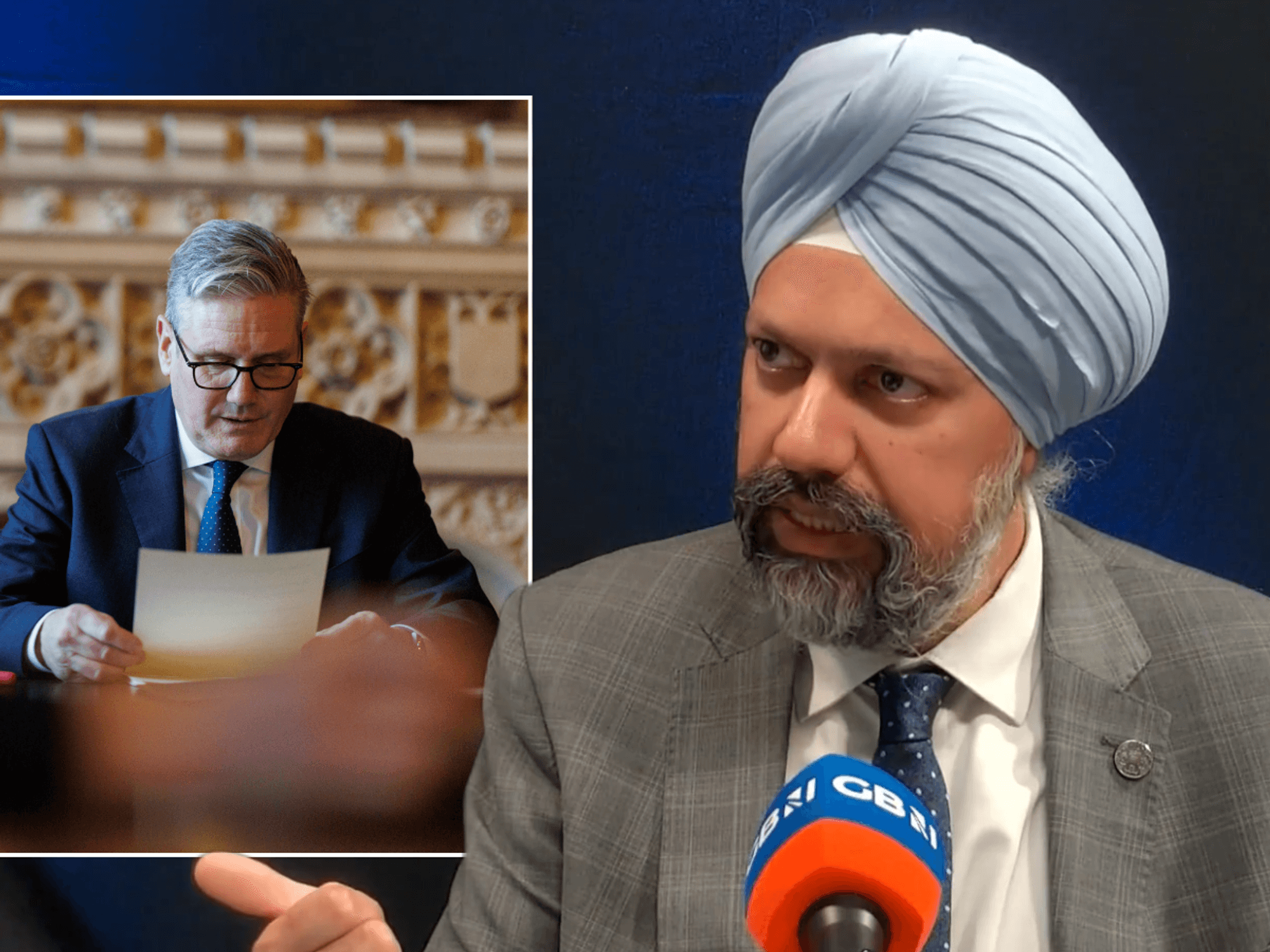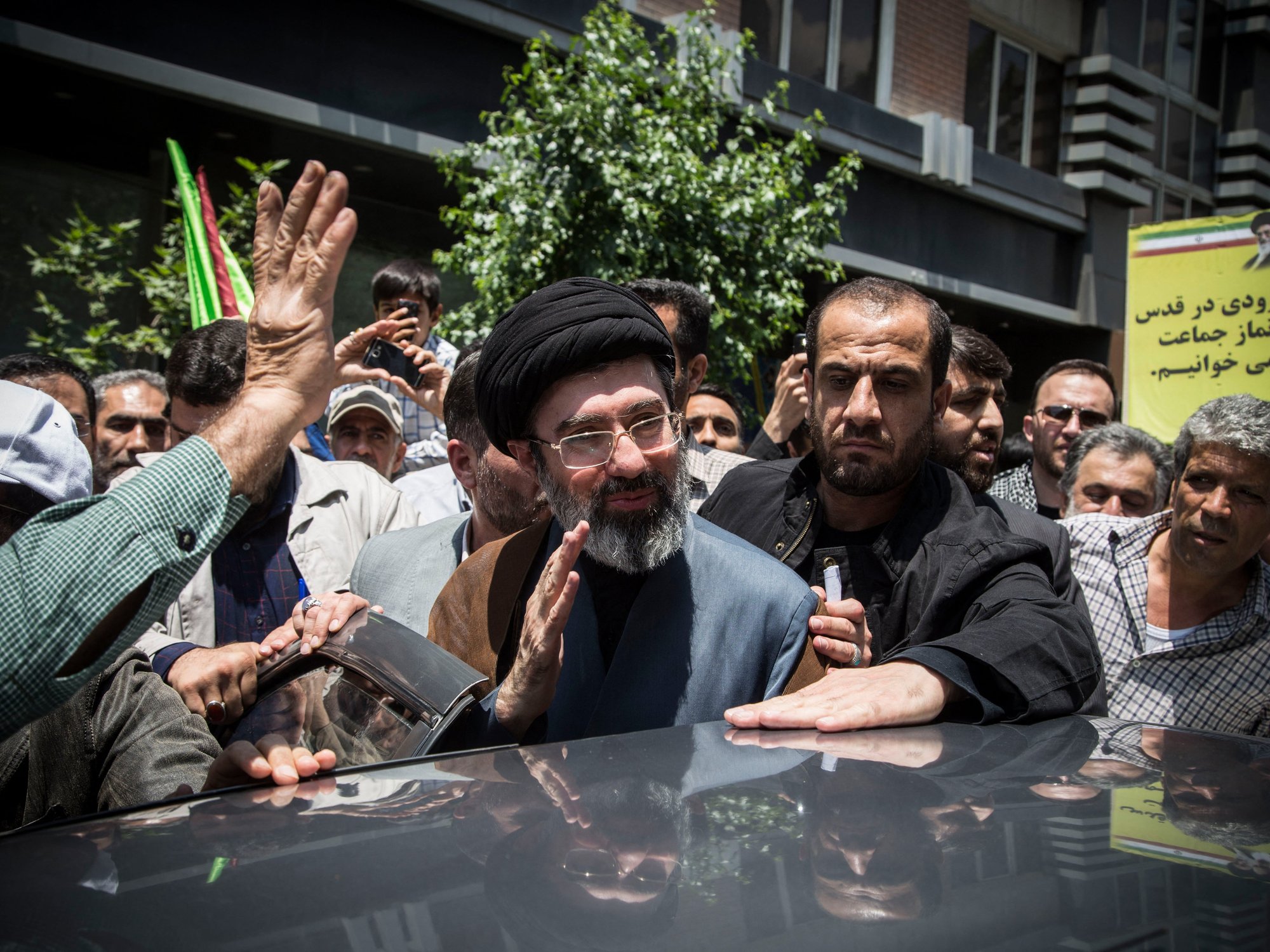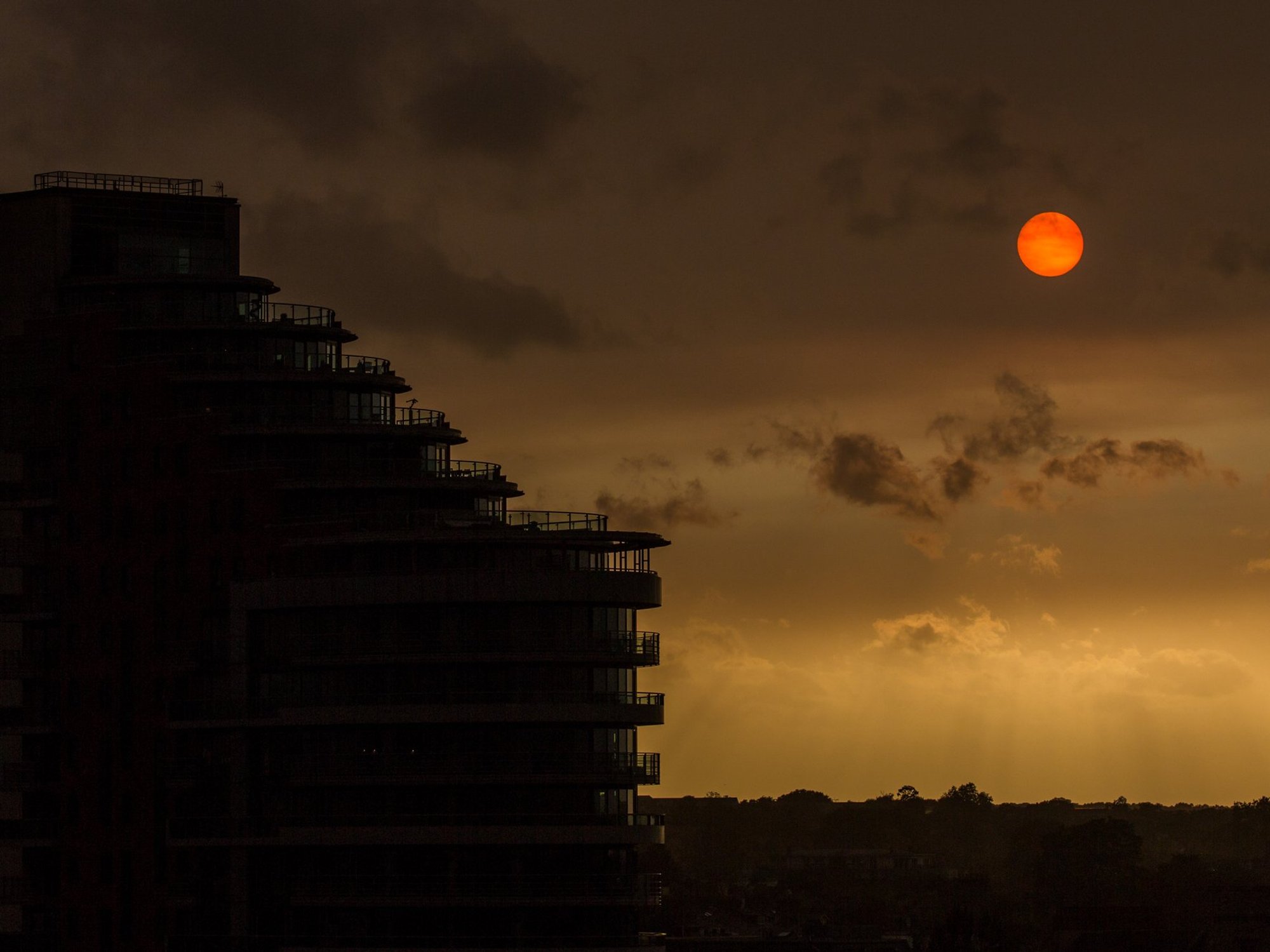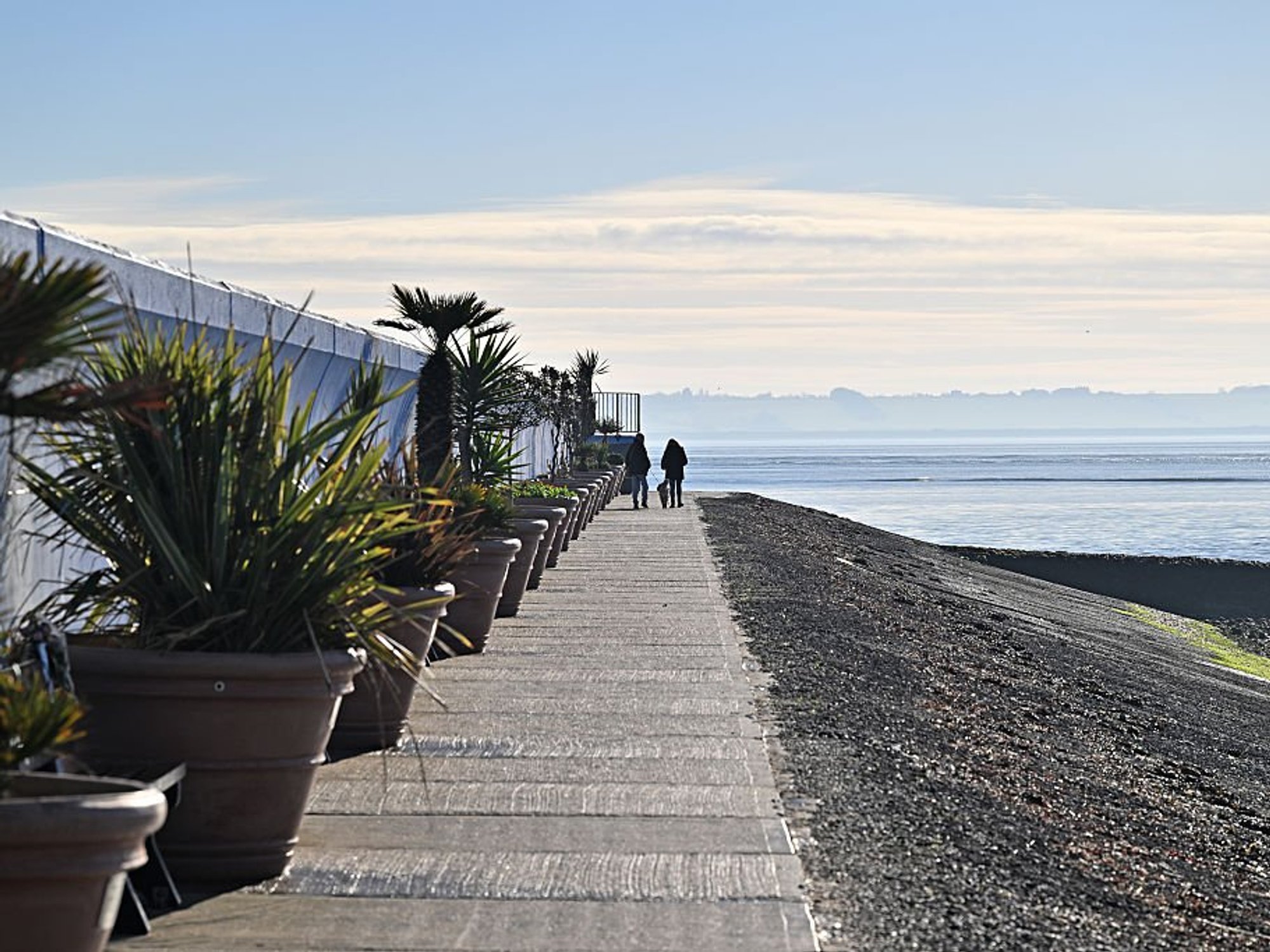Independent Football Regulator set to be established after whopping MP support
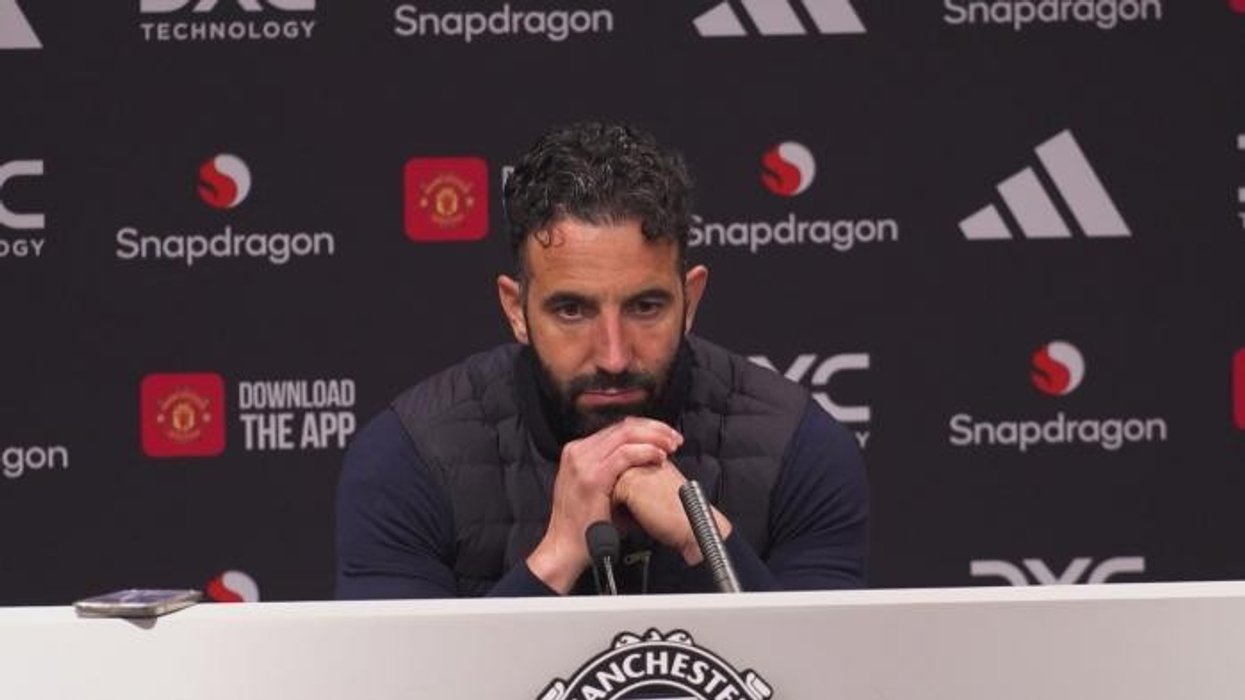
WATCH NOW: Ruben Amorim opens up after Man United's last match of the 2024/25 season
|PA
The passing of the bill will change the footballing landscape drastically
Don't Miss
Most Read
Latest
The government has backed plans to bring in an independent Football Regulator to help combat recent financial struggles.
MPs have overwhelmingly supported legislation to establish an Independent Football Regulator, with the Football Governance Bill passing its third reading by 415 votes to 98.
The substantial majority of 317 votes signals the Bill is now poised to become law after clearing the Commons. The football watchdog will ensure clubs operate sustainably whilst maintaining accountability to their supporters.
The regulator's remit extends across all five tiers of the men's game, introducing comprehensive oversight of club operations. The new regulator will oversee the top five tiers of men's football in England through a system of operating licences for clubs.
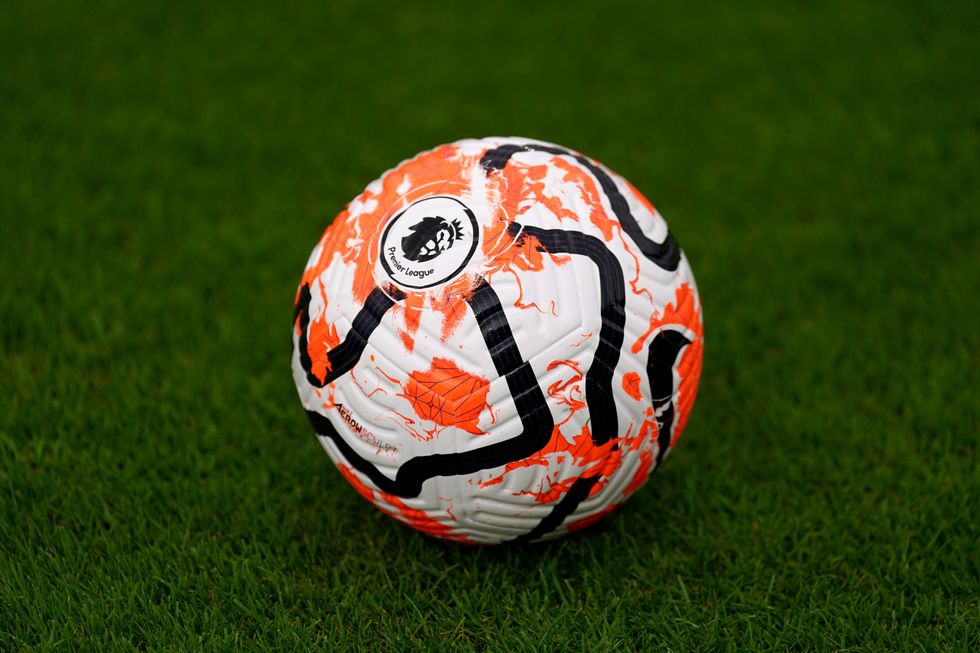
The Independent regulator was overwhelmingly voted through
| PACulture Secretary Lisa Nandy told the Commons: "We promised in our manifesto that we would end years of inaction and make the changes that fans have fought for for so long and are so overdue."
She added: "I am proud to be part of the winning team that has put our fans back on the pitch at the heart of the game where they belong."
JUST IN: Cam Norrie facing huge tax bill after crashing out of Wimbledon to Carlos Alcaraz
Crucially, the new body will possess "backstop" powers to impose financial settlements between the English Football League and the Premier League should the two organisations fail to reach agreement independently.
This intervention capability represents a significant shift in football governance, potentially resolving long-standing disputes over revenue distribution.
Nandy emphasised the legislation's purpose in protecting clubs and their communities, stating: "This is for Macclesfield, for Wigan, for Bury, for Bolton, for Derby, for Reading, for Sheffield Wednesday, for Morecambe and for many, many more who have had to endure the misery of being put last when they should have been put first."
READ MORE: Wimbledon star corrects BBC interviewer in awkward live TV gaffe: 'I didn't say that'
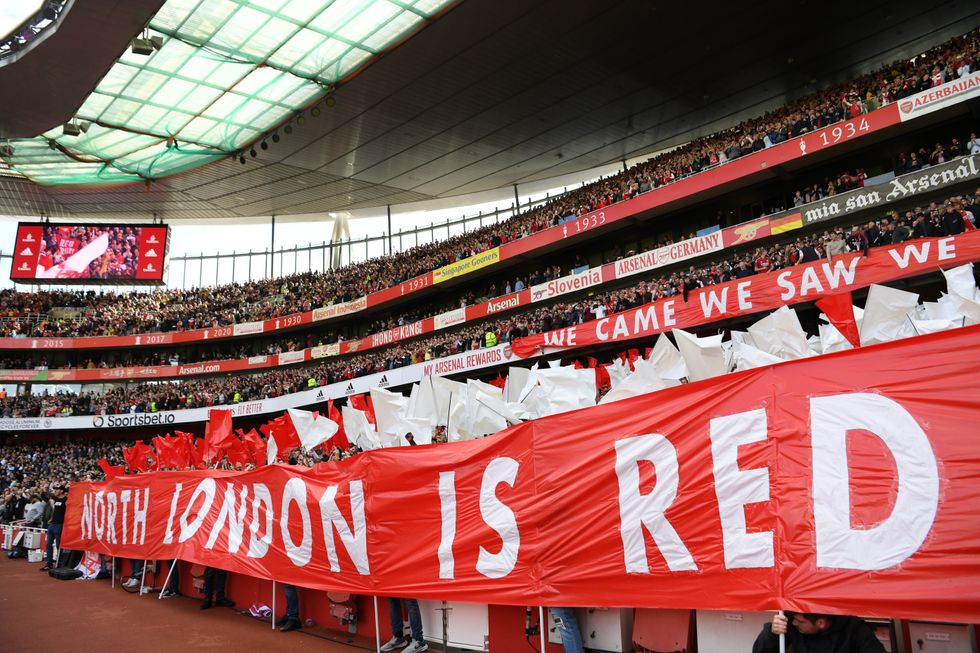
The new regulator will enforce operating licenses on all the top five tiers club
| Getty ImagesConservative attempts to introduce consultation on football's alcohol ban were decisively rejected by the Government during the Bill's passage.
MPs voted 346 to 167, with a majority of 179, against proposals to review the stadium drinking prohibition that has remained in place since 1985.
Sports minister Stephanie Peacock dismissed the Conservative calls, explaining that moves to reverse the "two-tier" alcohol ban do not fall within the scope of the Football Governance Bill.
The rejection maintains the current system where alcohol consumption is permitted in hospitality areas but prohibited in general stadium seating areas.
LATEST SPORTS NEWS:
The Government also declined to commit financial support for former players suffering brain conditions linked to heading footballs, though Peacock said the Government is "committed" to examining player welfare issues further.
The appointment of David Kogan as the preferred candidate to chair the Independent Football Regulator has sparked controversy following revelations about his political donations.
Shadow sport minister Louie French accused the Government of "appointing a Labour crony to be the new sheriff of football" during the Bill's report stage.
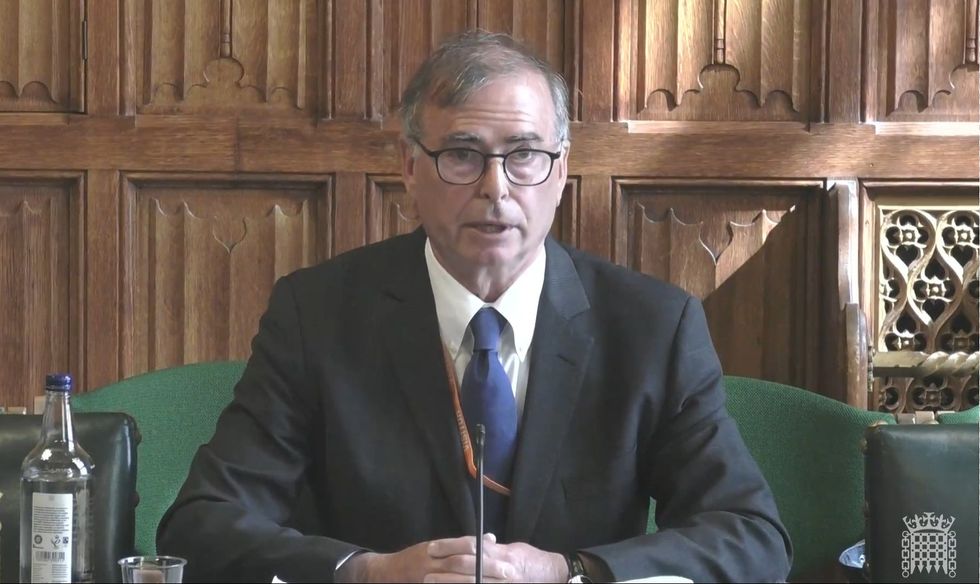
David Kogan is the preferred candidate to chair the regulator
|PA
Kogan, a media rights expert, was named as the Government's preferred candidate in April and received endorsement from a cross-party committee of MPs.
However, he now faces an inquiry into his appointment after it emerged he had donated money to Prime Minister Sir Keir Starmer and Culture Secretary Lisa Nandy, along with other Labour figures.
Defending the selection process, Nandy stated that then-minister Stuart Andrew had "actively headhunted the individual in question and added him to the shortlist".





